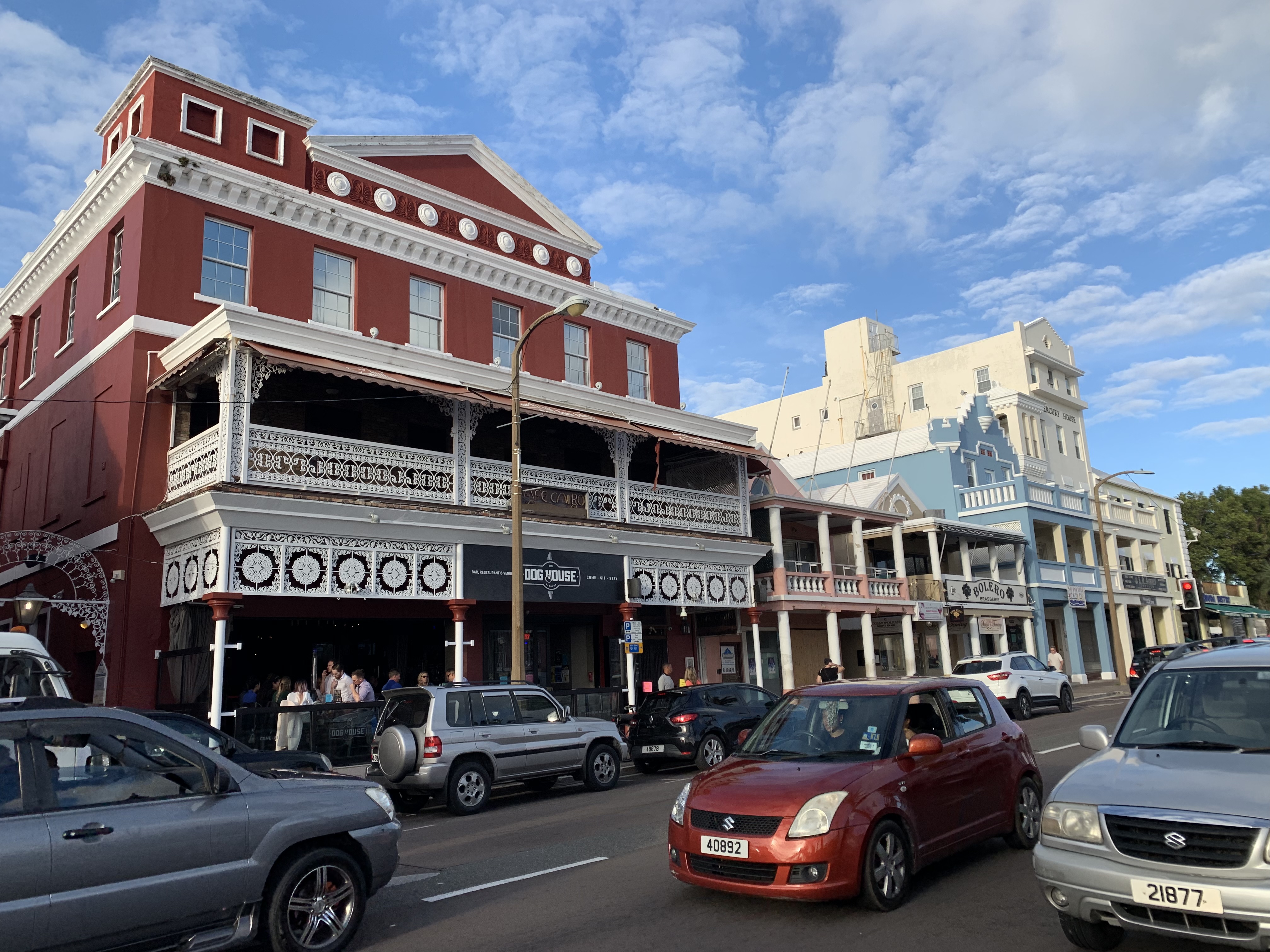The most important characteristic of Bermuda that hit me during a recent visit was not the fact that it is a “financial center” (a booking center for the reinsurance industry), but the fact that it was an “island” in every sense of the word, and configured socially and politically to make the most of the fact in a sustainable manner. All roofs in Bermuda, no matter how rich or poor your houses are, are designed to collect rain water, because the island has no natural lake or river and neither does it buy water from outside. The population is maintained at a steady 70,000 people and it is maintained as a clean, green and liveable island. The cost of living and therefore incomes are high, but that’s understood because everything else is imported. It’s two hours away to the US in one direction and six hours north east to London, which still provides military protection. It has a very well regarded monetary authority, which has been forward looking towards building the island’s relevance to cyrpto-currencies and an increasingly digital financial world. Finance has taken over tourism as its main source of income. It’s people are generally well educated, but the island also imports labour from as far as the Philippines. The island phenomenon hit home to me because I have become accustomed to many island states around the world that do not limit themselves as islands, and invest in reclamation programmes, buy water from other countries and increase their populations to unsustainable proportions just to justify GDP growth. Then here is a well-structured island economy that chose not to do all that, and take the sustainable route instead and stands out as one of the best maintained island economies in the world, with a promising future into the digital world








